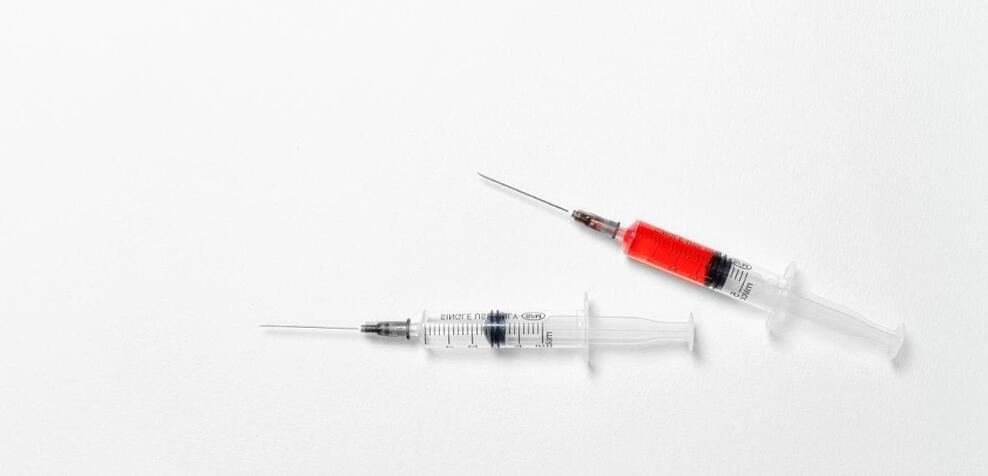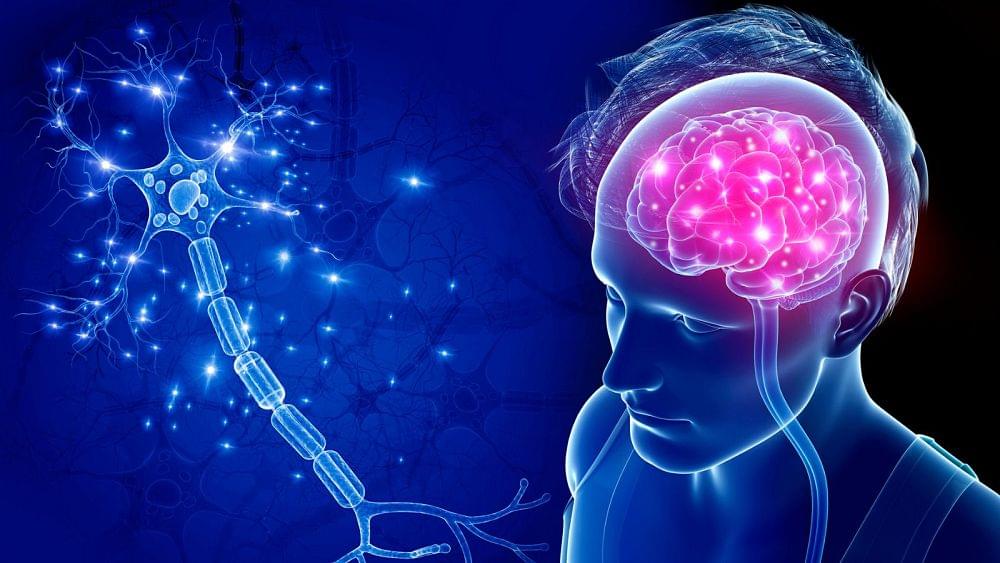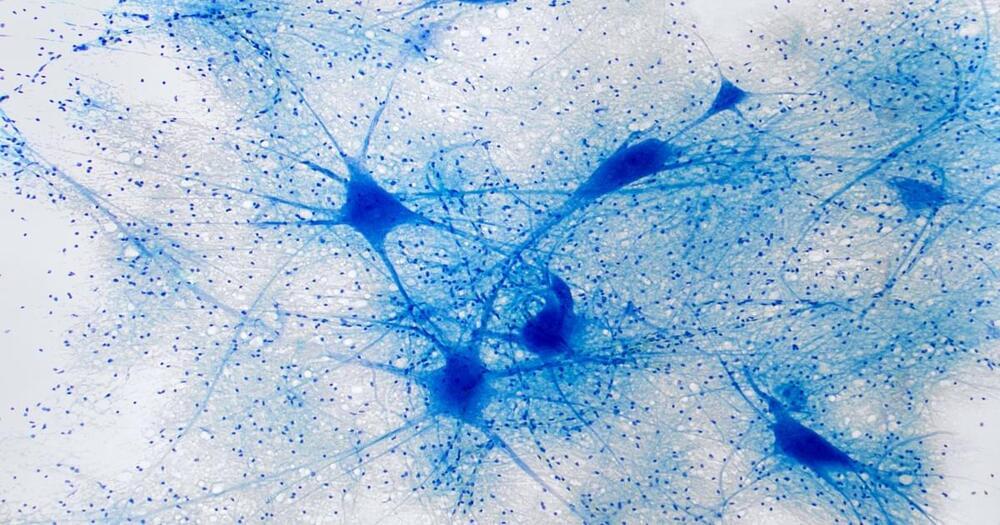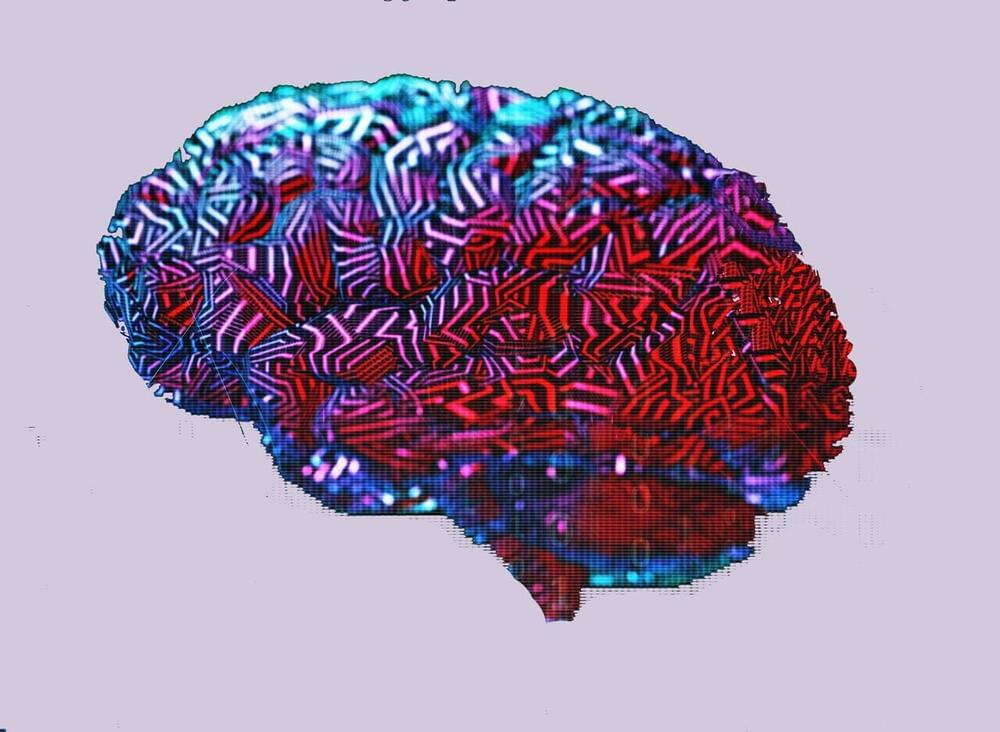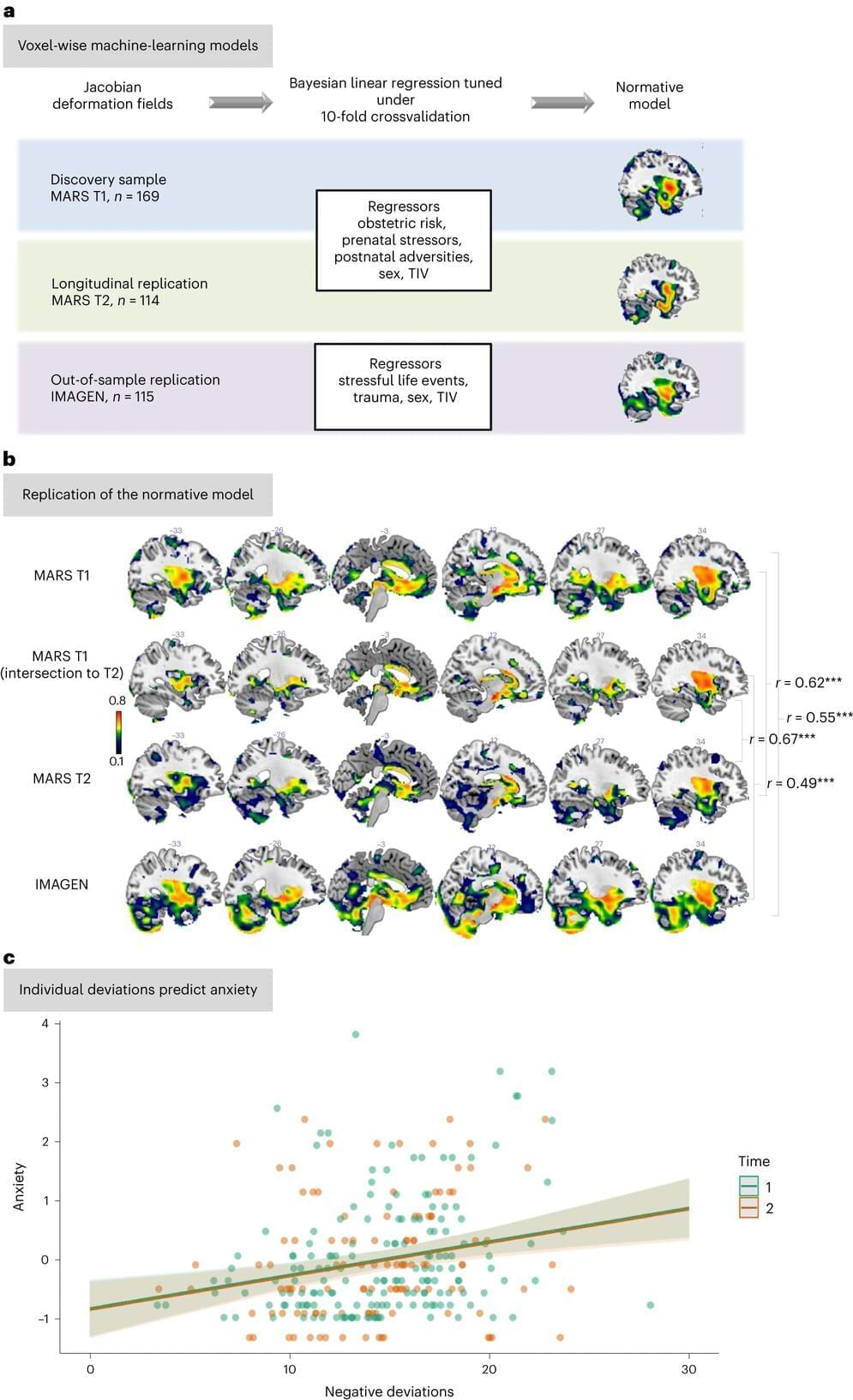Get my new Longevity Practices book for free: https://www.diamandis.com/longevity.
In this episode, filmed during Abundance360, Peter and David discuss David’s groundbreaking research on reversing aging through epigenetic changes, emphasizing that aging is not just damage to the body but a loss of information. They talk about age reversal as a possibility, rejuvenating brains, and regaining lost memories.
David Sinclair is a biologist and academic known for his expertise in aging and epigenetics. Sinclair is a genetics professor and the Co-Director of Harvard Medical School’s Paul F. Glenn Center for Biology of Aging Research. He’s been included in Time100 as one of the 100 Most Influential People in the World, and his research has been featured all over the media. Besides writing a New York Times Best Seller, David has co-founded several biotech companies, a science publication called Aging, and is an inventor of 35 patents.
Read Sinclair’s latest study, Chemically Induced Reprogramming to Reverse Cellular Aging: https://www.aging-us.com/article/204896/text.
Learn about Abundance360: https://www.abundance360.com/
Seed’s DS-01® Daily Synbiotic – a 2-in-1 probiotic and prebiotic that supports digestive health, gut immunity, skin health, heart health, and more. Try Seed’s DS-01® Daily Synbiotic, and make sure to use the code MOONSHOTS at checkout to get a 25% discount. https://seed.com/partner/moonshots.

